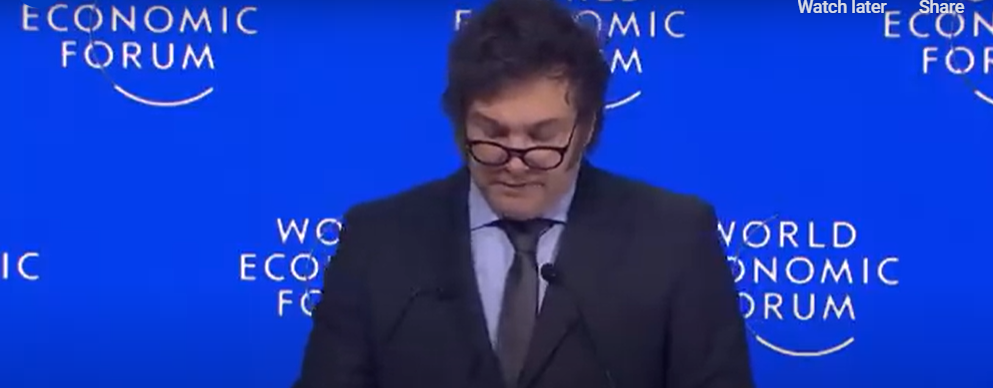Israel changed climate warning criteria after heat loads dropped, document shows

The Israel Meteorological Service (IMS) this month revealed that it changed the criteria for heat load warnings in 2019 after heat loads began dropping annually.
According to the IMS, a heat load “is a measure of the discomfort caused by the combination of air temperature and air humidity” and is a significant factor in the government’s annual warnings about excessive heat waves. The IMS does not further define "heat loads" as they apply to the weather nor do they define their units of measurement.
An IMS table of meteorological alerts between 2013 and 2023 shows that heat loads began dropping steadily in 2016, when it stood at 47, followed by 32 in 2017 and 29 in 2018.
In response to a Freedom of Information (FOI) request from attorney Ori Shabi, the IMS revealed this month that in 2019 it decided to change the criteria for heat load warnings. Instead of just measuring the heat load in Bet Dagan, where the IMS is located, the agency started measuring heat loads in the country's hottest spots; and instead of measuring the heat load over three hours, it started warning about the expected heat load.
“Since 2019, the criteria for issuing heat load warnings were changed, and this significantly increases the amount of warnings on the subject each year,” wrote the IMS in the letter to Shabi. “Until 2019, warnings were issued only when there was a heat load in Bet Dagan for at least 3 hours. Since 2019, heat load warnings have been issued for every region of the country where heavy heat load is expected, for 3 hours.”
That year, the heat load jumped from 29 to 128. It was followed by annual measurements of 120, 143 and 174, respectively, allowing for claims that an impending “climate crisis” is threatening the human race.
Israel has joined other globalist countries in spreading climate messianism, pledging to cut 85% of carbon emissions by 2050 and pushing citizens to drive electric vehicles to “fight climate change”. Last year, Israel's government threatened to hike electricity prices by 9.6% to accommodate the environment after shutting down coal plants because of “climate change”.
In 2020, then-Energy Minister Yuval Steinitz announced the country would be reducing coal-powered consumption from 30% to 24.9% by the end of the year. Steinitz also pledged to permanently close 4 out of 6 coal-fired towers at the Orot Rabin power station in Hadera. This was accomplished in June 2022, and the government announced an electricity hike a month later.
While Israelis grapple with the seventh highest cost of living in the world — with Tel Aviv taking the title of world’s most expensive city — Israel’s environmental measures have added to their financial burden. In 2021, amid Israel’s third nationwide lockdown, the government raised the plastic tax to $3.51 per 2.2 lbs on purchases of plastic plates, bowls, straws, cups, and cutlery, making the purchase of plasticware impractical for the lower and middle classes.




